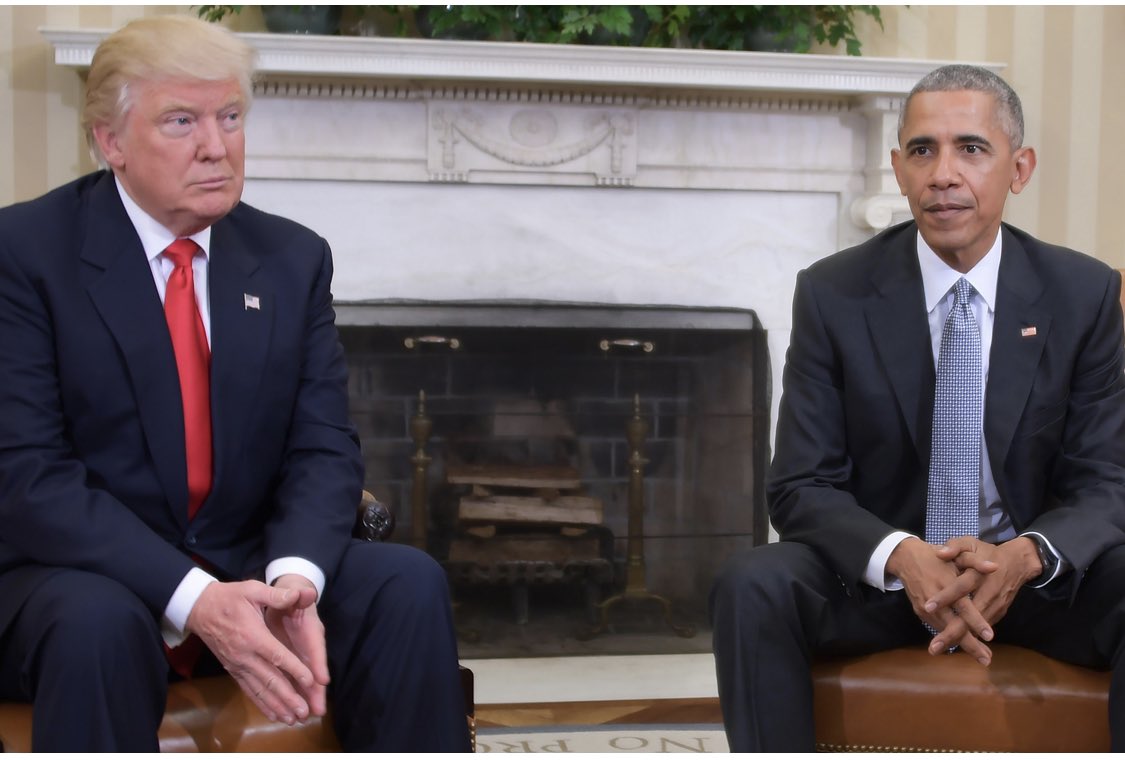I fell asleep watching a British series on the history of how humans came to understand the universe, computers, and information technology.
Nearly every key person featured *mysteriously* had hyper focus, obsessive interests, and difficulty socially communicating w/ peers.
🤷♂️
Nearly every key person featured *mysteriously* had hyper focus, obsessive interests, and difficulty socially communicating w/ peers.
🤷♂️
For those asking me the series, it was various documentaries by physicist Jim Al-Khalili. It was on YouTube, so after watching one, the algorithm prompted me to watch more by him (so, it turns out not one documentary series, but multiple. However, they all had the same “feel”).
They were all very well-done science presenting. ‘Everything and Nothing’ was one series on cosmology. I remember that. The others I saw were other series mixed in.
I watched one, fell asleep, woke up to another, and repeated.
I really enjoyed them when I was awake!
I watched one, fell asleep, woke up to another, and repeated.
I really enjoyed them when I was awake!
I also don’t mean to convey that autistic people are super humans. We’re normal. But, it seems we’ve been overrepresented at key points of history when our understanding of science advances. That’s worth examining.
We’re not better than neurotypicals (and vice versa). So, why?
We’re not better than neurotypicals (and vice versa). So, why?
Author @stevesilberman set up the foundation of exploring that question in #Neurotribes. I’ve always hoped autism funding would focus on answering that question (instead of just why we exist).
There’s lessons there in accomodations, communication, socialization, etc.
There’s lessons there in accomodations, communication, socialization, etc.
And not every autistic person is going to be a scientist (not every neurotypical person either). However, untangling that thread of why we seem to be overrepresented in certain fields may help uncover larger patterns that help us understand autistic people more broadly.
Many autistic people think about this too. I like to say “autistic people have already figured out autism - all of it.” It’s just that the totality of that knowledge resides in bits/pieces of all of us in a vast archipelago of people as we each understand ourselves a bit better.
Anyway, my thoughts are waxing. We can study all the genetics and epigenetics of autism, but we still won’t understand autism until we examine the context of how those genetics and epigenetics have played out throughout human history.
We’re not better or less, but we’re here.
We’re not better or less, but we’re here.
*Sorta like LGBT people (a community I’m also proudly a member of).
• • •
Missing some Tweet in this thread? You can try to
force a refresh





